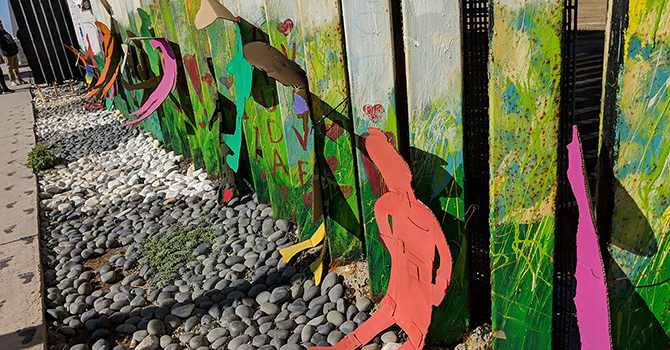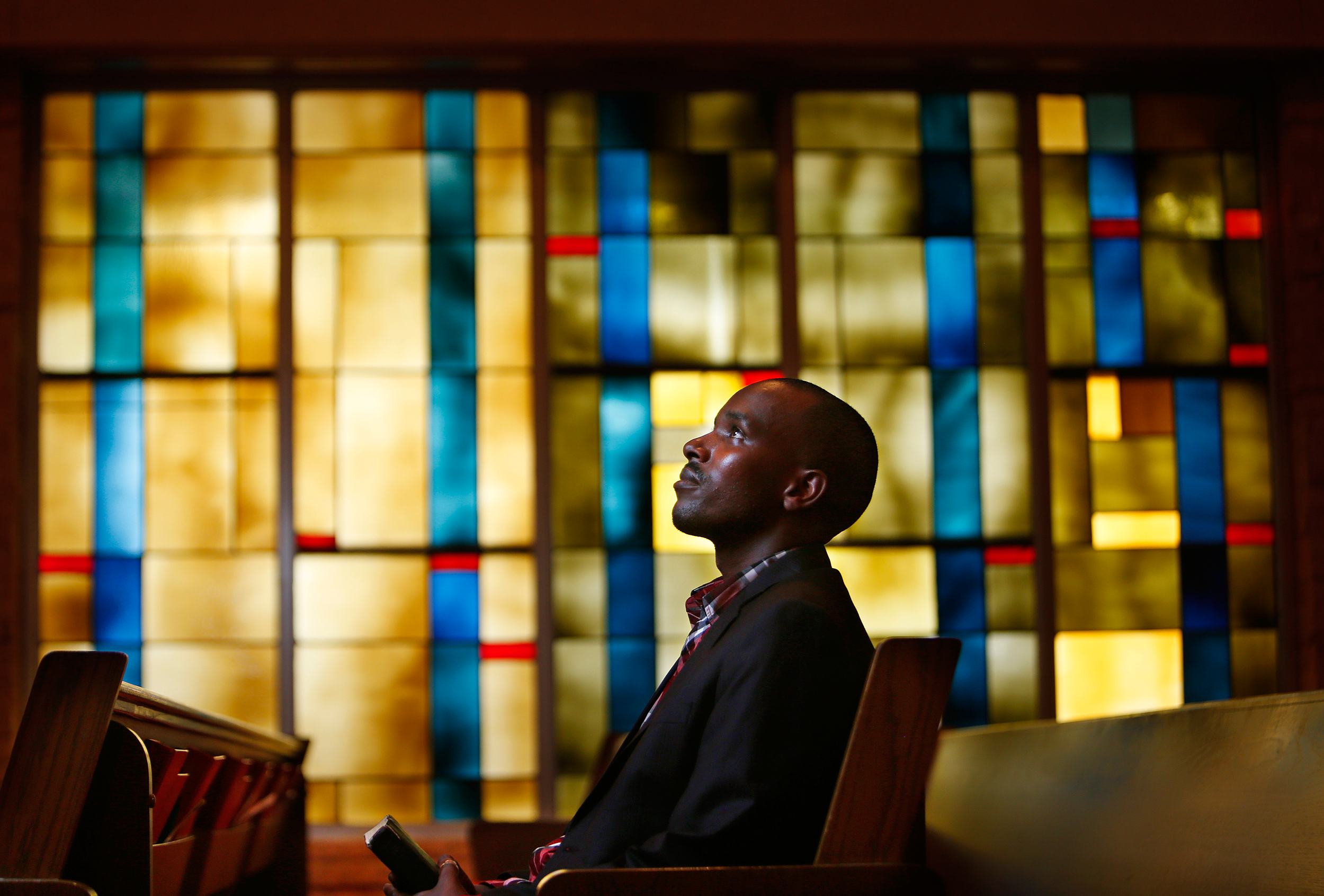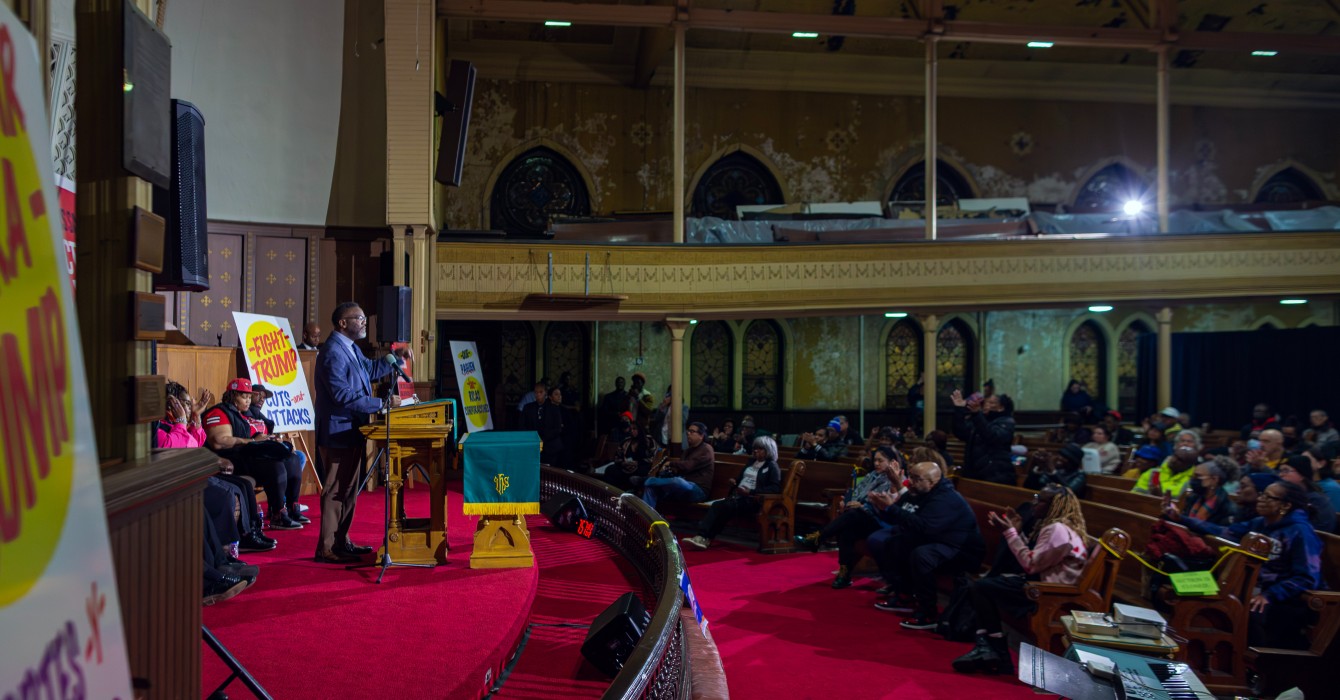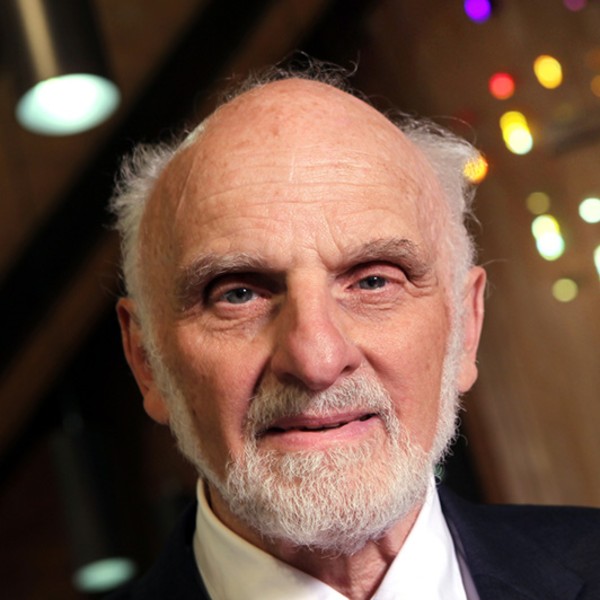In spaces from Washington, D.C., to Lausanne, Switzerland, Jenny Yang advocates for refugees.
When she first started at World Relief over 15 years ago, Yang began in the refugee resettlement program. She worked closely with families as they sought to rebuild their lives and homes in a new country and saw firsthand the impact of the community in the lives of resettled refugees.
Over time, she began to develop expertise in the policies that affect refugees and saw the importance to them of both legal protections and the new community’s welcome.
 Now, as vice president of advocacy and policy, she pushes for both policy that helps refugees and a culture of welcome in churches.
Now, as vice president of advocacy and policy, she pushes for both policy that helps refugees and a culture of welcome in churches.
Her time at the organization has been transformational, she said.
“I’ve been discipled by being at World Relief. Not only have I learned from my peers and leaders about the gospel in a new way, but we’re also applying the truth to our daily ministry.”
Yang spoke with Faith & Leadership’s Chris Karnadi about her role, and why welcoming refugees is both a biblical and a political issue. The following is an edited transcript.
Faith & Leadership: How did your passion for refugees develop?
Jenny Yang: I was always interested in refugee issues. As a young girl, being the daughter of immigrants, I knew the challenges of living in a home where your family is not originally from that place.
My interest was really piqued in college, when I studied abroad in Spain. I experienced a lot of racism -- and not just me, but a lot of African migrants that were coming and seeking asylum in Spain as well.
And so I became interested in understanding, on a practical and legal level, what it meant for individuals to be able to get asylum in Europe, and then, at a communal level, what it means to welcome refugees, because I think both are important when it comes to individuals flourishing and feeling that they belong somewhere.
On a communal level, you have to create awareness and challenge people to be welcoming and not xenophobic. But then you also need that individual to have legal protections, because if you have this amazing, welcoming community but then you’re being deported or you don’t have legal protections, that is a cause for concern. It has to be both/and.
F&L: Can you give us some of the history of refugees in the U.S.?
JY: The U.S. has a strong history of accepting refugees. The Refugee Act of 1980 established U.S. refugee law, and since that time, the U.S. State Department has partnered with different agencies that work with refugees seeking asylum due to race, religion, nationality, membership in a social group or political opinion.
In the early 1980s, we resettled around 200,000 refugees a year, many of those individuals from Vietnam. And since that time [until 2017], the refugee ceiling averaged nearly 90,000 every year.
The nationalities of refugees reflect what’s happening around the world. In the early 1980s, you saw a number of refugees from Southeast Asia, and then in the 1990s, a lot of individuals came from Africa -- for example, the Lost Boys of Sudan. And then you also saw large numbers coming after the fall of the Soviet Union.
Between 2006 and 2008, we saw a lot of refugees coming from the Middle East -- from Iraq and Syria, for example. So the resettlement program is reflective of global refugee trends, and we want to keep it that way, because the program is a life-giving tool for refugees around the world. We want to continue to make sure that the U.S. offers protection and asylum to those who can’t find it elsewhere.
F&L: The number of refugees entering the U.S. has been drastically cut over the past few years, and there’s talk of cutting it again in 2020. How should we think about this?
[Editor’s note: After the interview, the State Department announced a cap of 18,000 refugees for 2020.]
JY: What we’re seeing now in 2019 is an aberration of our historic tradition and commitment. We’re seeing individuals that are fleeing persecution and have nowhere else to go, and the U.S. is basically shutting its doors. The U.S. refugee resettlement program has traditionally had strong bipartisan support for the [idea] that the U.S. should offer asylum to those who are fleeing persecution. I think it’s troubling that the U.S., which led the world before in refugee asylum, is now the one lagging behind other countries.
And the fact that we’re now shutting the door on refugees who are seeking protection means that we are turning our backs on the tradition that has been enshrined in our Constitution, our Declaration of Independence, with the founding of our country, which is freedom of religion but then offering protection to those who are fleeing religious persecution as well.
The 2019 cap at 30,000 is a historic low. And the fact that we could potentially go lower than that means that there are going to be many individuals who have nowhere else to turn, especially when many of the refugees that are coming through the program have family ties to the U.S.
World Relief, for example, has a woman who is a Pakistani Christian who was resettled in Spokane, Washington, a few years ago, and she has been waiting for her husband, who has been stuck in Sri Lanka. If the number declines from 30,000 to 15,000 then there’s even more limited help for this persecuted Christian to be reunited with his wife and seek asylum as a refugee. There are a lot of ramifications for such a low number.
World Relief is trying to do everything right now to make the number as high as possible. But it is an uphill battle.
F&L: From my understanding, World Relief has evangelical roots. Is there tension in the evangelical community when talking about refugees?
JY: I think there’s been a growing challenge for a lot of evangelicals who support Trump. And because they support Trump, there continues to be an allegiance to his policy. So there are evangelicals -- I should clarify, white evangelicals -- who support this administration’s decisions and would not like the refugees to be settled to the U.S.
It’s a challenge, but Scripture is clear that we are to welcome the refugee. So I think it’s troubling that some evangelicals in poll data are not so welcoming of refugees, and I think a lot of it is driven by manipulation but also fear about who these individuals are.
I also think there’s a strain of Islamophobia where individuals are not comfortable with individuals from the Muslim faith coming into the U.S. We’ve been trying to challenge the misinformation and fear.
It’s a troubling trend, because in years past, evangelicals have been more supportive of refugees. But because this administration has been so specific about calling out refugees or being almost anti-immigrant, I believe there’s been a reluctance to welcome refugees, because it means that they’re going to be going against the president.
F&L: What should Christian leaders be doing at this moment with regard to refugees?
JY: I think the first step is just being aware. Sometimes we don’t even know what’s happening with refugees around the world. I think it’s critical that we build awareness on what’s actually happening around the world. And in regard to U.S. immigration policy, following along and being up to date on what’s going on is important.
But then Christian leaders need to engage the local church. I think a lot of folks underestimate what a local church can do. So even starting the conversation and asking the pastor to preach a sermon on immigration is a huge step forward, because it means that we’re going to have a conversation that’s past the political conversation into a biblical conversation.
That’s where it has to start. Social media conversations are important, but church-based conversations are also extremely important to help us get grounded again in biblical values.









